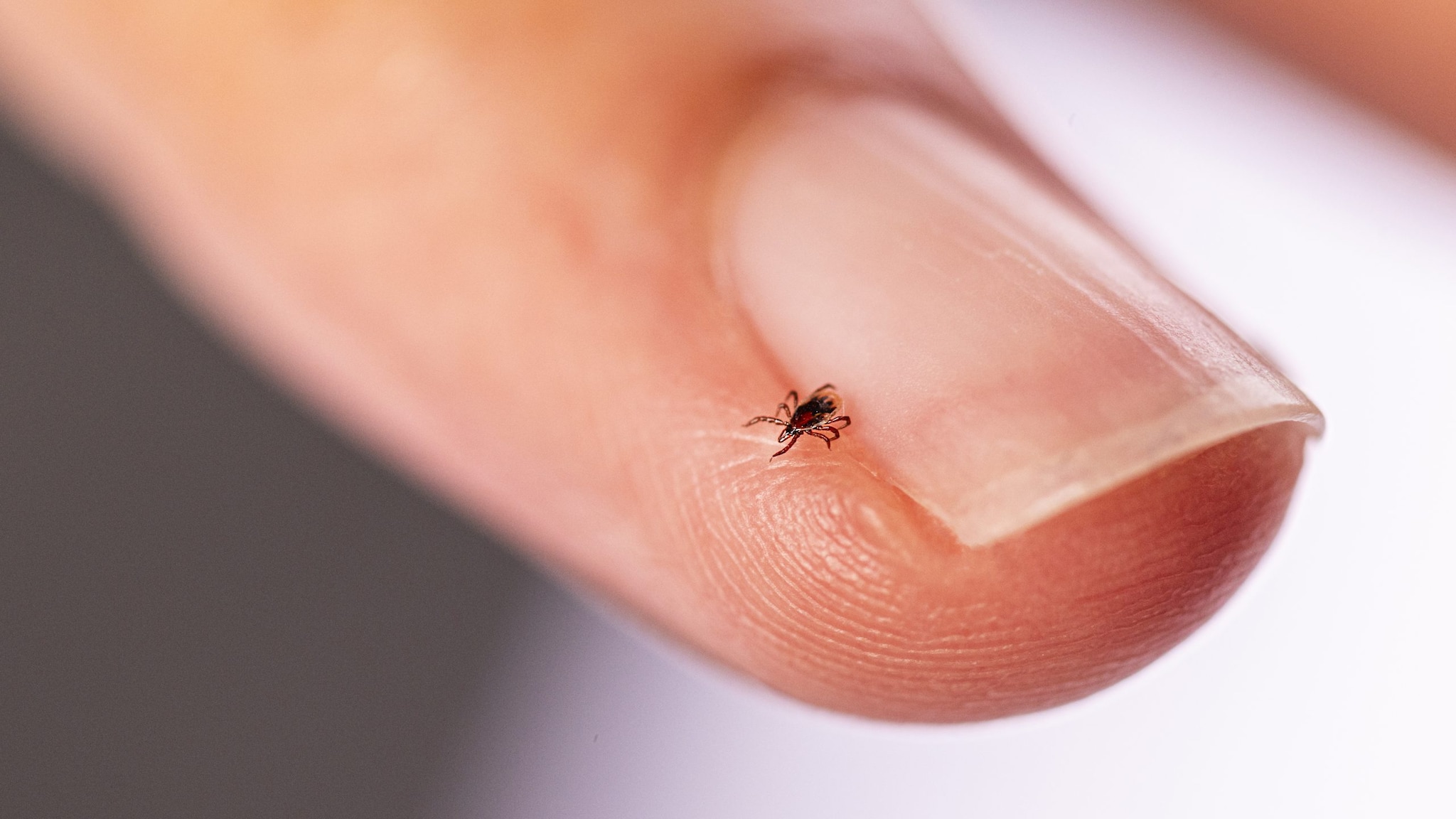Key points
- Powassan virus disease (Powassan) is caused by a virus primarily spread to people through the bite of infected ticks.
- Powassan is maintained in the environment between ticks and animals.
- People do not spread the infection except in rare cases through blood transfusions.

Primary cause
Powassan is caused by either Powassan virus or deer tick virus. These viruses are often referred to as lineage 1 and lineage 2 Powassan virus.
The two virus lineages are very similar but different in the specific types of ticks that spread the virus to people.
How it spreads
- Powassan virus is spread to people primarily through the bite of an infected tick.
- Three types of Ixodes species ticks spread Powassan virus and are primarily found in the eastern half of the United States.
- Ticks become infected when they feed on groundhogs, squirrels, mice, or other rodents that have the virus in their blood.
- People do not develop high enough levels of the virus in their blood to infect biting ticks. As a result, people are considered "dead-end" hosts for Powassan virus.
- The virus is not transmitted from person-to-person, except rarely by blood transfusion.
- Because the virus can be transmitted through blood, persons who were recently diagnosed with Powassan virus infection should not donate blood or bone marrow for 120 days following infection.
- Prevent getting sick with Powassan virus by preventing tick bites.
For Public Health
Transmission of Powassan Virus
